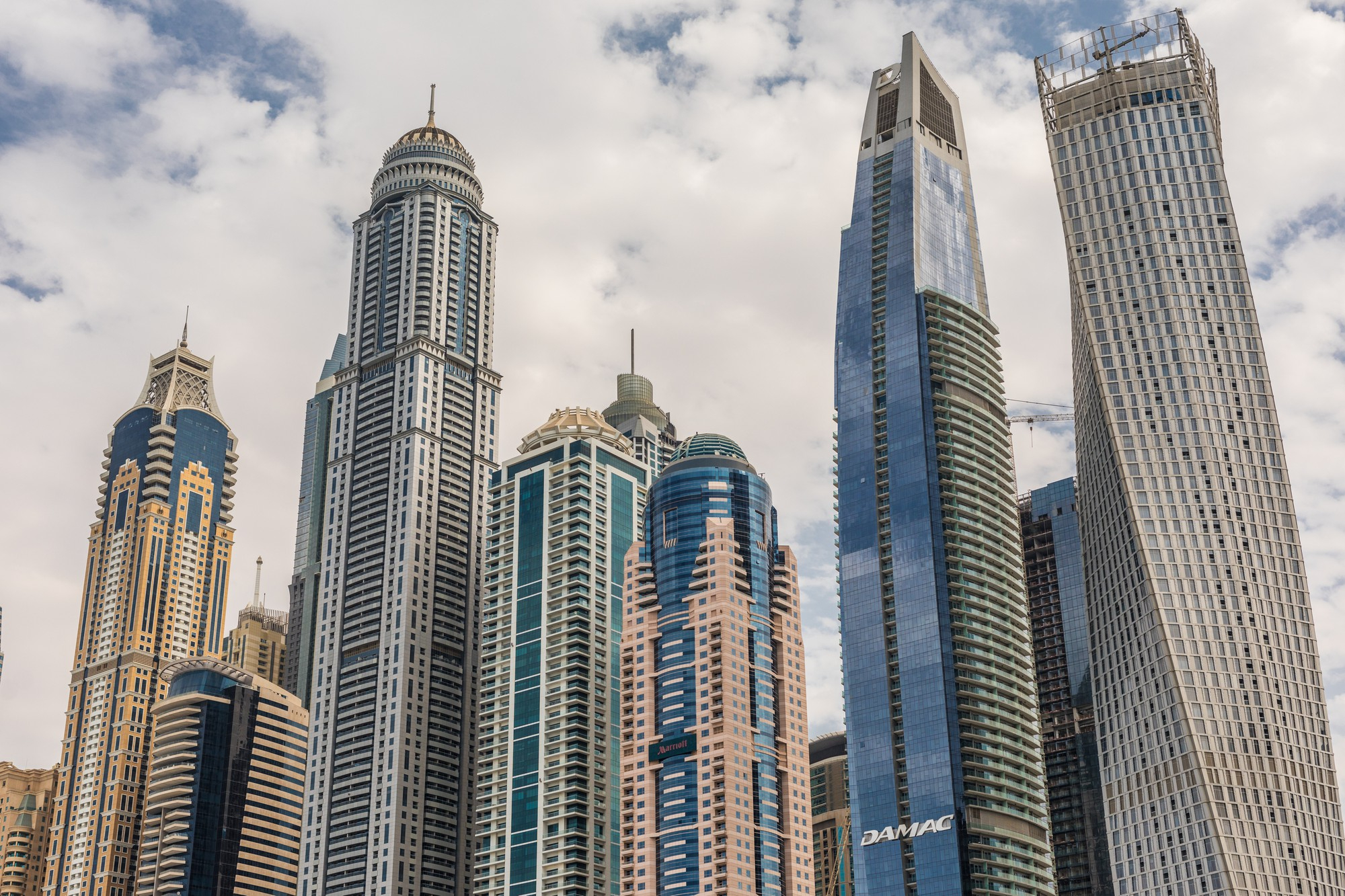In the UAE, two free zone financial centers operate. These are the Abu Dhabi Global Market or ADGM for short and DIFC that stands for the Dubai International Financial Centre. Despite some similarities in the services offered, there are some crucial points that differ them from each other. It’s high time to cycle through their major distinctive features and find out which of them would be the optimal choice for your enterprise.
DIFC and ADGM: English legislation application
The very uniqueness of the ADGM is that the financial center has managed to adopt approximately fifty laws from both Wales and England, in addition to English common legislation basic principles (including trusts and equity). Nevertheless, it’s all regulated by concrete ADGM and Abu Dhabi laws, which always remain superior.
The DIFC happens to be a common legislation jurisdiction as the ADGM. What greatly differs the DIFC from the ADGM is that it has its own rules and legislation incorporating none of the overseas regulations directly. If a DIFC rule doesn’t have to do with a concrete point, a present order determines the applicable law, while English regulations stay in the last resort.
Court Systems
As for the jurisdiction of the ADGM court, it is limited to commercial as well as civil disputes having to do with the ADGM. There are two major levels in the ADGM court. These are A Court of Appeal and a Court of First that in turn subdivides into employment, civil as well as small claims departments. The given courts exploit British regulations and may rely on UK court precedents. Apparently, the ADGM judiciary is made up of common law jurisdictions only. These include New Zealand, Australia, and the United Kingdom.
If the sides between which there’s a dispute decide to submit exactly to the DIFC jurisdiction, then a DIFC court can handle their case notwithstanding they don’t relate to the DIFC at all. There’s one thing that makes it similar to the ADGM. It has two levels. These are a Court of Appeal and a Court of First Instance that handles cases having to do with digital economy, arbitration, construction and technology, and commercial and civil departments. DIFC court precedents are the only precedents that can be applied to the DIFC courts. Nevertheless, judgments from Welsh, English as well as other common legislation jurisdictions turn out to be convincing, especially if there aren’t any DIFC legislation precedents at hand. With a growing number of cases, the DIFC becomes less dependent on overseas judgments.
Various UAE judges with civil education and judges from Singapore, Wales, England, and Australia (common law jurisdictions) form the DIFC judiciary.
ADGM vs. DIFC: Arbitration
There’s no any specific arbitration code within the ADGM. However, there’s an alternative solution. It has created a Representative office of the International Chamber of Commerce and this structure operates within the ADGM Arbitration Centre, also dubbed ADGMAC. The disputing sides are expected to follow the ADGMAC regulations, although it is possible for them to add a bunch of their own rules. The ADGM arbitration rules do exist and they can be applied to any arbitration handled by the ADGM.
On the contrary, the DIFC boasts its own Arbitration Code, although none of specific arbitration regulations do exist because the DFC-LCIA has been abolished. As follows from this, both sides are bound to choose regulations to be applied to their DIFC arbitration case. If they fail to do that, the Dubai International Arbitration Centre regulations will be superior. The arbitration department of the DIFC court has all the DIAC arbitrations supervised.
Insolvency Law
Built around the English insolvency code, the ADGM insolvency rules permit to assign an administrator and also have an enterprise restructured relying on a company arrangement deed. It is quite real to have a foreign firm wound up by the ADGM court on the condition both sides would benefit from it, the court spreads its jurisdiction over one or several stockholders when it comes to the asset distribution, or if the firm boasts a sufficient ADGM connection.
Furthermore, the DIFC insolvency code has much in common with the British insolvency one. It has to do with such nuances as firm voluntary arrangements, winding-up, and receivership. On the other hand, there you won’t find such a rescue solution as the concept of administration.
The DIFC permits an overseas firm winding-up in compliance with DIFC Insolvency regulations on the condition certain criteria are met, in particular, cancelation of operations within the DIFC, inability to pay debts, deregistration or winding-up in its home state, having a DIFC address primarily for liquidation needs or the court finds it equitable and fair.
Conclusion
Both the ADGM and DIFC turn out to be distinct financial centers providing a wide range of benefits and services, although each one boasts a unique set of laws generating unique advantages. Investors interested in the offer require thoroughly reviewing the different aspects of the two jurisdictions illustrated above before finally deciding on the concrete one.


